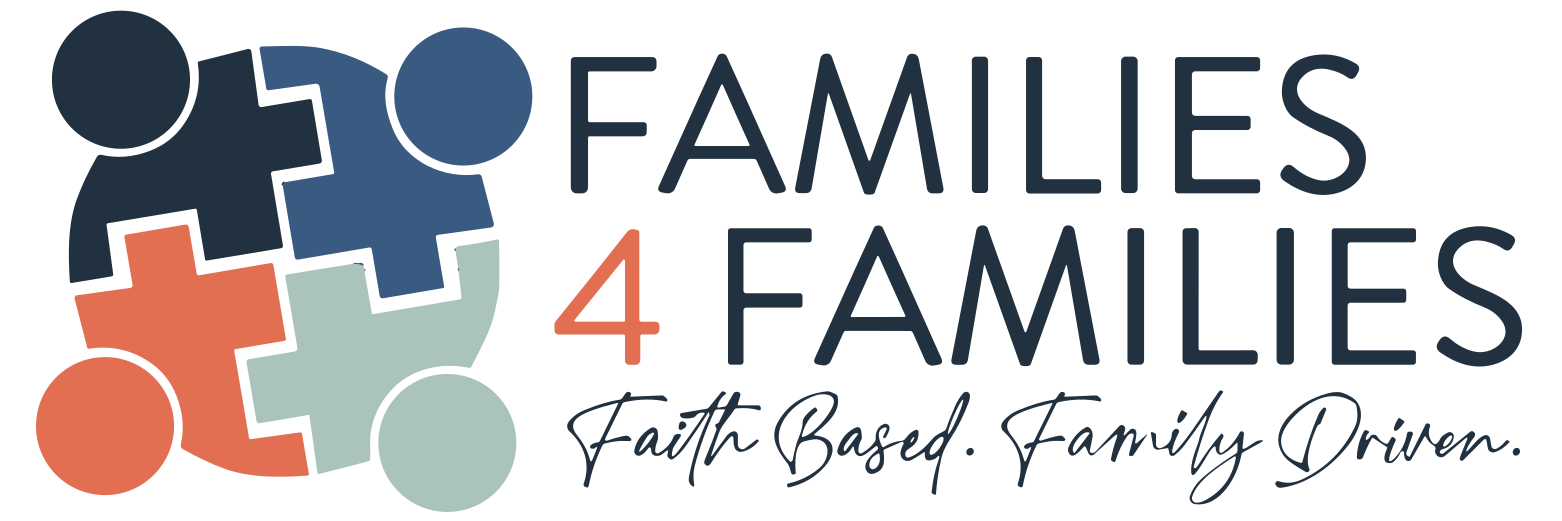How to Become a Foster Parent in Georgia: A Step-by-Step Guide
Becoming a foster parent in Georgia is a meaningful journey that starts with understanding the process and meeting key requirements. From eligibility and home studies to IMPACT training and ongoing support, this guide outlines each step to help you foster with confidence. Learn how to open your heart and home to a child in need.

Becoming a foster parent is a life-changing journey filled with purpose, compassion, and responsibility. If you’re considering opening your heart and home to children in need, Georgia offers a well-structured pathway to becoming a licensed foster parent. This comprehensive guide will walk you through each step of the process, from understanding foster care to preparing your home and accessing support systems.
Understanding Foster Care in Georgia
Foster care provides temporary care for children who cannot safely remain with their biological families due to abuse, neglect, or other circumstances. In Georgia, the Department of Family and Children Services (DFCS) works alongside private foster care agencies like Families 4 Families to place children in safe, nurturing environments.
Foster parenting is more than just providing shelter; it’s about creating stability, offering love, and being a positive role model during a difficult time in a child’s life.
Eligibility Criteria for Prospective Foster Parents
To ensure the safety and well-being of children, Georgia has specific eligibility criteria that all prospective foster parents must meet:
- Age: You must be at least 21 years old.
- Residency: You must be a legal resident of the United States and reside in Georgia.
- Marital Status: Single individuals and married couples are welcome to foster.
- Background Check: A comprehensive background check will be conducted on all household members age 18 and older.
- Financial Stability: You must have a stable income that meets your family’s needs without relying on foster care stipends.
For a more detailed look at these qualifications, visit our Foster With Us page.
The Application Process
Once you’ve determined your eligibility, the next step is to apply to become a foster parent. This typically involves:
- Initial Inquiry: Contact a foster care agency like Families 4 Families or DFCS to express your interest.
- Orientation Session: Attend an information session to learn about the responsibilities and expectations of foster parents.
- Submit Application: Complete and submit a formal application with personal references, employment verification, and background information.
- Home Visit: A preliminary home visit will be conducted to assess your living environment.
Have more questions? Explore our FAQ section.
IMPACT Training: Preparing for Foster Parenting
IMPACT (Initial Minimum Program of Acceptable Care Training) is Georgia’s required pre-service training for all foster parents. This 20-30 hour program covers:
- Child development and trauma
- Behavioral management
- Cultural competency
- Legal and ethical responsibilities
The training is designed to prepare you emotionally and practically for the journey ahead. Families 4 Families offers ongoing support and coaching throughout the training process.
Home Study and Safety Requirements
A home study is an in-depth evaluation of your home and lifestyle. It includes:
- Interviews: With all household members
- Safety Inspection: Ensuring the home meets health and safety codes
- Financial Review: Verifying income and budget
- Lifestyle Assessment: Understanding your daily routine and parenting philosophy
You’ll also need to ensure your home has:
- Adequate space for each child
- Working smoke detectors and fire extinguishers
- Secure storage for medications and hazardous materials
Want to prepare for your home study? Reach out to us through our Contact page.
Support and Resources for Foster Parents
At Families 4 Families, we believe no foster parent should walk this journey alone. We offer a wide range of support services:
- 24/7 On-Call Support
- Monthly Training Workshops
- Family Activities and Events
- Mentor Support
You can also explore our Volunteer Opportunities if you’d like to contribute in other ways.
Common Challenges and How to Overcome Them
Fostering is rewarding but not without challenges. Here are a few common ones and tips for managing them:
- Emotional Strain: Seek out support groups and counseling services.
- Behavioral Issues: Consistent routines and training strategies can help.
- Attachment and Reunification: Remember that reunification with biological families is often the goal and part of the healing process.
Open communication with your agency and ongoing training can help you face these challenges with confidence.
“Then my nephew’s stepmother passed away unexpectedly, and he came to live with us. My four-year-old niece also stays with us,” Elizabeth shared. “So when we got to the point of a home study, we ended up with two kids who we weren’t expecting to have in the house.”
Though the Irbys decided the time wasn’t right for them to open their home, Philip’s second visit to the church showed them they could still surround children in foster care with love.
As Philip shared the many ways churches like Sandy Valley can support foster families, Elizabeth knew her church could help.
“I wanted to host a date night, and there were other people in the church who had also gone to the meeting with Philip and wanted to help do other things [to support foster families]. We did a diaper drive, we sponsored some ladies going to the Flourish event for Mother’s Day and we collected school supplies,” Elizabeth explained.
Without any foster families currently attending their church, wrap-around care is new to the congregation, but that hasn’t stopped them from exploring the many ways they can step up to serve.
“Philip visiting our church and informing us about [Families 4 Families] has warmed the hearts of so many who want to help,” shared Diana Wilson, Sandy Valley’s director of music ministries. “We have a love for all of God’s children, and our church is a mission-oriented church. So helping Families 4 Families came naturally!”
When Philip connected Sandy Valley with the Brouch family, who had just opened their home, Elizabeth was eager to help. “I said, ‘If they need church support, we’re here for it.’”
Since the Brouch family welcomed their first placement — a baby girl — in May, Elizabeth and other Sandy Valley church members have stepped up to serve.
“The day they got placement, one of our ladies’ Sunday school classes took up a love offering for them and gave them a Walmart gift card so they could get anything they needed,” Elizabeth said. “We try to do either a home-cooked meal or a meal card at least every week, and we are prayer partners with them.”
One of Elizabeth’s biggest roles as she leads the church in caring for the Brouch family is raising awareness — not just for the Brouches’ needs but for other foster families, too.
“A lot of people don’t know how to help, but Families 4 Families is really good about communicating how we can,” she said.
Not everyone is called to be a foster parent, but everyone can be a vital piece of the puzzle of foster care support.
“Giving a loving, safe Christian home to kids that are going through the worst time of their lives, that’s a ministry,” Elizabeth shared. “Supporting [foster families who open their homes] is also a ministry.”
Diana added, “To know there are people willing to help [children in foster care] is such a beautiful thing. We are to be the hands and feet of Christ, to embody His love and compassion in everything we do.”
For Sandy Valley, supporting foster families is more than a suggestion; it’s a scriptural command.
“James says to visit the fatherless in their affliction and be there for them. Support them. Love them. Because foster care is hard,” Elizabeth said.
To other churches that want to help but don’t know where to start, she has a simple message:
“Just ask the question, ‘What can I do?’ and Families 4 Families will tell you.”

